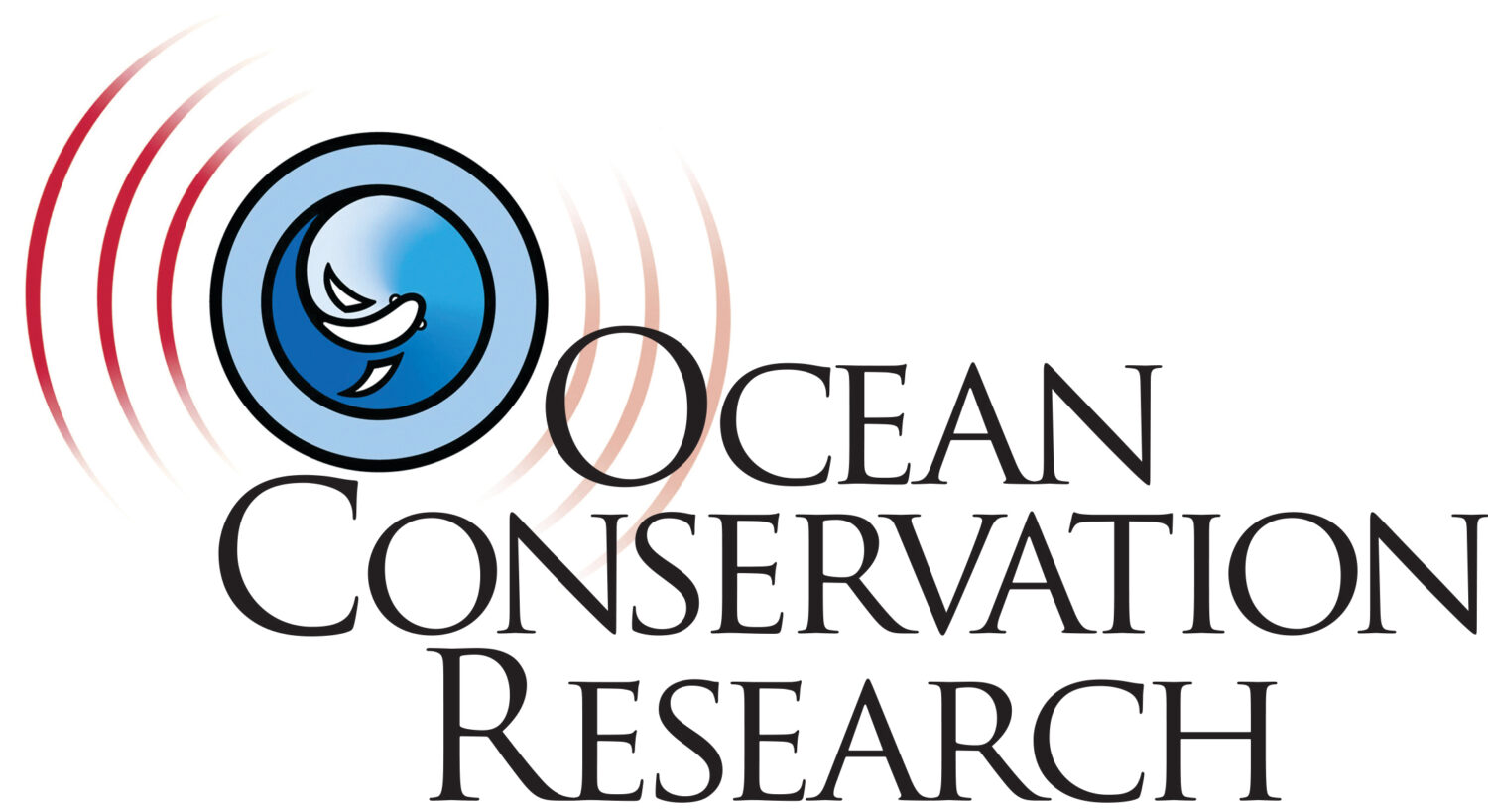It was once a popular belief that the ocean was “the silent realm.” This was largely due to the fact that humans are poorly adapted to hearing underwater, and marine animals don’t appear to have “ears” that look anything like the ears of terrestrial animals. We are now finding that the ocean is anything else but silent. In the dark depths of the sea animals have evolved a panoply of adaptations to underwater sound. Some animals use high frequency “bio-sonar” to “see” their surroundings, others use acoustically-generated ‘particle motion’ to sense the proximity of prey and predators; some use long wavelength sounds to navigate over long distances, others chorus with conspecifics like crickets do to keep tabs on their “acoustic communities.”
Earlier this month scientists, regulators, conservationists, and industry representatives convened in Budapest Hungary to discuss all aspects of ocean noise at the Third International Conference on the Effects of Noise on Aquatic Life. Delivering presentations on how animals hear and make sounds, but also how the noises of human enterprise in the ocean may be interfering with biological adaptations.
The concerns about human generated noise began appearing on the public sonar a bit over a decade ago when whales started washing up on the shores where naval exercises involving high-intensity mid-frequency sonars were taking place. Catastrophic events are one way of bringing an issue to the forefront, but as scientists began looking into the issue of noise impacts, questions of less pronounced but of equal importance began surfacing. Do our noises disrupt critical communication and navigation cues of marine animals? Is the increase in marine industrial noise causing stress? Are shipping lanes disrupting migration patterns? Are oil and gas operations disrupting foraging and feeding behaviors?
These questions along with many others were presented and discussed at the conference toward the larger objective of understanding the effects and diminishing the impacts of the many noises we humans are now introducing into the ocean. Shipping noise, military and industrial sonar, seismic exploration for oil and gas, underwater communication systems, and deep sea oil and gas extraction and processing all figure into the din of human-generated noise being introduced into the sea. Also on the horizon are the noises generated by the installation and operation of offshore wind and tidal energy projects.
It is becoming clear that (much to the regulator’s dismay) there is not one clear noise level that can be used as a mitigation threshold; rather various animals respond differently to different amplitude, frequency, and sound quality cues. As you would expect, sedentary fish have different acoustical needs than migratory whales; dolphins will respond to sounds that sharks can’t hear; predatory animals may try to escape an unpleasant noise, whereas prey animals may just hunker down and hope it goes away.
The benefit of bringing a broad representation of ocean stakeholders together is that they can express their concerns and priorities to each other. Biologists, physicists, marine geologists, and industry representatives can hear each other – and more importantly, speak to each other about what we do and do not know. The complexities of the issue can be viewed from many perspectives that would not be present in a conference specific to bioacoustics, regulation, or marine engineering.
It became clear over the course of the conference that we are far from solving the “ocean noise problem;” but given the makeup of the participants, and the collegiality of the proceedings and conversations we are much further along than we were just a few years ago. There will likely be many solutions crafted around context and consequence; the physics of sound and the behavioral responses to noise will all be weighed in. There will be acoustical impacts as humans colonize the ocean; but by understanding the effects there is hope that we can minimize the harm.
Michael Stocker is the director of Ocean Conservation Research a public benefit organization seeking to understand the impacts of and find solutions to the impacts of human-generated noise on marine habitat.
